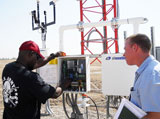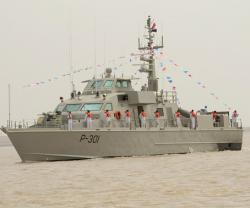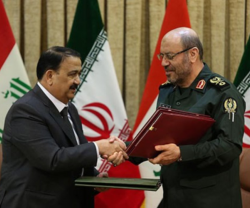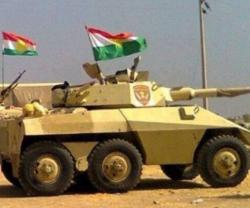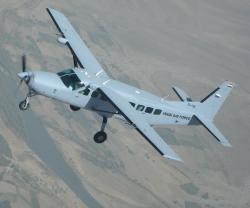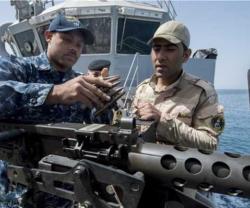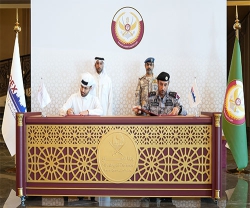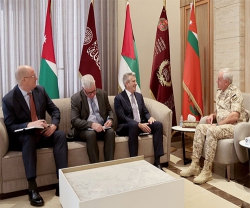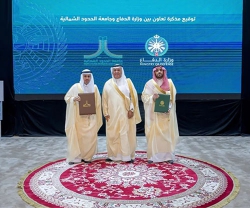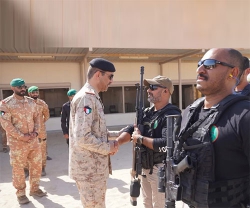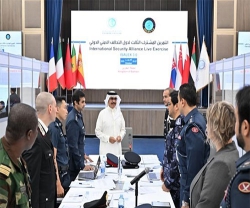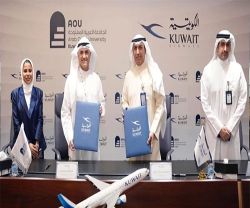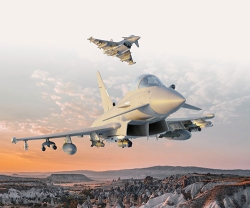Members of the Electronic Systems Center completed work in September that improves and upgrades Iraq's Air Traffic Control (ATC) system.
The completion of this Foreign Military Sales (FMS) effort involved the delivery of 2 new Air Traffic Control tower systems along with state-of-the-art radar and ATC-tower simulators to the Iraqi government.
"These FMS cases play an important role in providing a critical aviation infrastructure that will aid the Iraqi government in securing its airspace," said Rainy McIntosh, FMS Program Manager. "It also helps meet U.S. National Security Strategy security assistance and cooperation goals."
The tower systems were installed at Tikrit and Taji air bases and will allow the Iraqi personnel to manage their airspace in accordance with Federal Aviation Administration guidelines. The simulators will allow the Iraqi government to train their military and civilian air traffic control operators so they can gain and maintain proficiency.
"Having these systems allows the Iraqis the opportunity to truly control their civilian aviation destiny by controlling their airspace," McIntosh said. "And by being in compliance with the FAA guidelines, it could open the door for more civilian overflights, possibly turning into an opportunity for increased revenue."
Site acceptance testing for a radar integration effort at the Baghdad Area Control Center was also completed in September. This effort integrates three existing radars at Baghdad International Airport, Kirkuk Air Base and Basra Air Base into the BACC. Through network equipment at the sites and software modifications to the existing automation system at the BACC, radar feeds from Baghdad, Kirkuk, and Basrah are incorporated into a single airspace picture. This integration will provide a baseline air traffic control picture and enable future radar approach control services for the Iraqi Air Force.
"This radar integration is critical to ensure the Iraqi Air Force can sustain air sovereignty," McIntosh said.
The FMS cases now transition to contractor logistics support sustainment efforts. Personnel from the two current contractors, Raytheon and ARINC, will remain in Iraq through September 2012 to continue to provide support for the systems.
Source: US Air Force

